Table of Contents
Introduction
Sensors are the unsung heroes of modern technology, seamlessly integrating into our daily lives to make devices smarter and more responsive. Let’s embark on an exciting journey to uncover the top 10 sensor types and their fascinating applications!
To learn the foundational elements that work alongside sensors, our Introduction to Electronic Components: Types, Functions & Uses for Beginners offers valuable insights.
Summary Table: Types of Sensors and Their Applications
| Sensor Type | Key Function | Working Principle | Example Applications |
|---|---|---|---|
| Temperature | Measures heat levels | Changes in resistance or voltage due to temperature variations | Thermostats, medical devices, industrial processes |
| Motion | Detects movement | Senses infrared energy or ultrasonic sound reflections | Home security, gaming consoles, automatic lighting |
| Pressure | Measures force per unit area | Piezoelectric materials generate voltage under pressure | Tire pressure monitors, blood pressure devices |
| Proximity | Detects nearby objects | Changes in electromagnetic field or light reflection | Smartphones, parking sensors, industrial automation |
| Light | Measures ambient light levels | Electrical current varies with light intensity (photodiodes) | Screen brightness adjustment, cameras, street lighting |
| Humidity | Measures air moisture | Dielectric constant changes with humidity | HVAC systems, greenhouses, museums |
| Gas | Detects specific gases | Chemical reactions produce measurable electrical signals | Smoke detectors, gas leak monitors, air quality systems |
| Ultrasonic | Measures distances or detects objects | Ultrasonic sound waves and echo time measurement | Robotics, parking assist, liquid level measurement |
| Magnetic | Detects magnetic fields | Voltage produced via Hall effect under magnetic influence | Compass in smartphones, automotive sensors |
| Accelerometers | Measures acceleration forces | MEMS measure changes in capacitance | Fitness trackers, smartphones, automotive airbags |
1. Temperature Sensors
Temperature sensors measure heat levels, ensuring optimal performance in various devices.
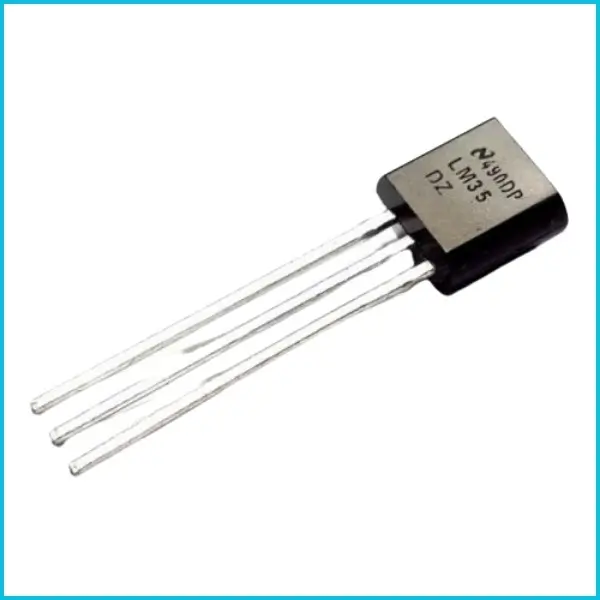
- How They Work: Devices like thermistors and resistance temperature detectors (RTDs) change resistance with temperature variations.
- Applications:
- Home Appliances: Regulate temperatures in ovens and refrigerators.
- Medical Devices: Monitor body temperature in digital thermometers.
- Industrial Processes: Maintain optimal conditions in manufacturing.
2. Motion Sensors
Motion sensors detect movement, adding convenience and security to our environments.
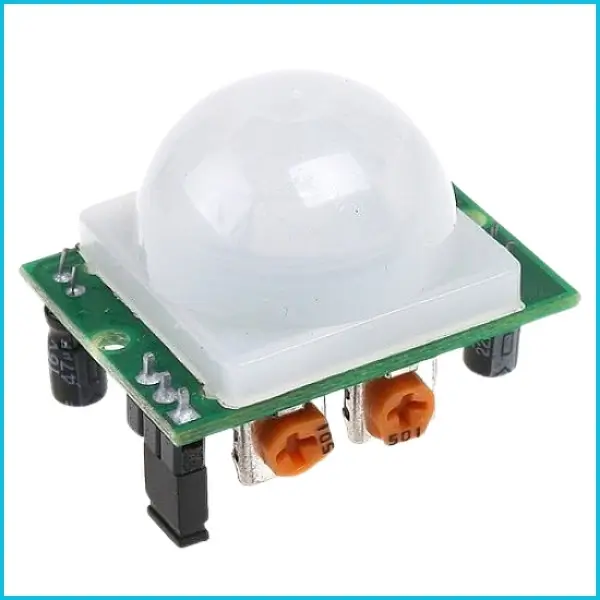
- How They Work: Passive Infrared (PIR) sensors detect infrared energy emitted by living beings.
- Applications:
- Home Security: Trigger alarms when unexpected motion is detected.
- Automatic Lighting: Turn lights on/off based on room occupancy.
- Gaming Consoles: Enable motion-controlled gaming experiences.
3. Pressure Sensors
Pressure sensors measure force per unit area, crucial in various applications.
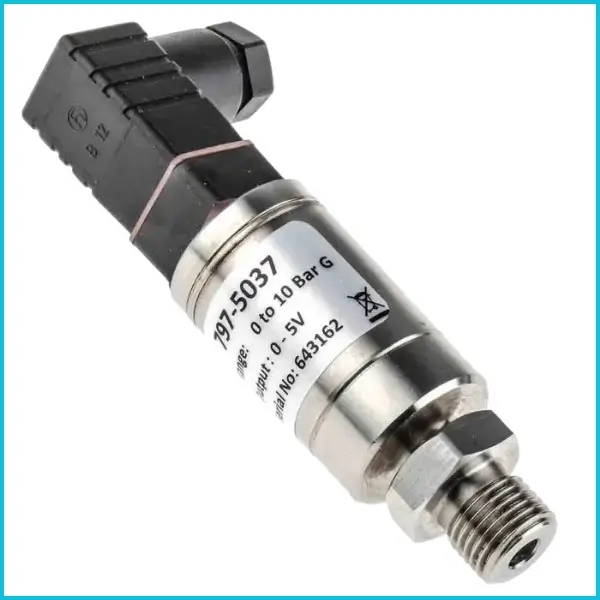
- How They Work: Piezoelectric materials generate voltage when pressure is applied.
- Applications:
- Automotive: Monitor tire pressure to ensure safety.
- Medical Devices: Measure blood pressure in healthcare settings.
- Industrial Equipment: Control processes involving gases and liquids.
4. Proximity Sensors
Proximity sensors detect the presence of objects without physical contact.
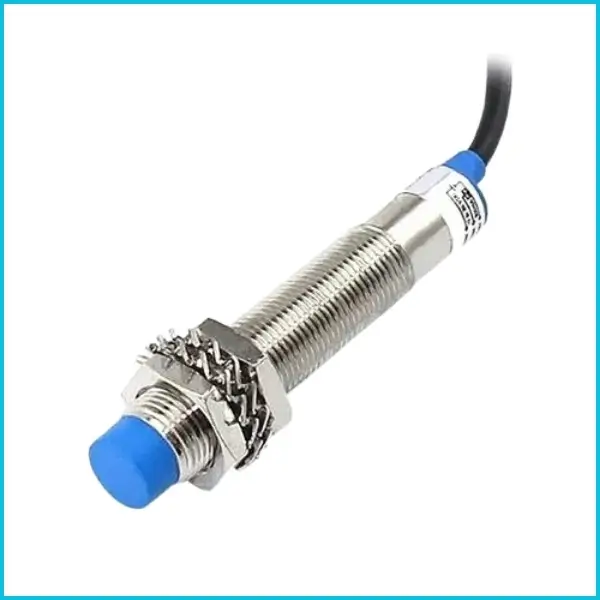
- How They Work: Emit electromagnetic fields or light beams and measure changes when an object is near.
- Applications:
- Smartphones: Turn off the display when held close to the ear.
- Automotive: Assist in parking by detecting obstacles.
- Industrial Automation: Detect parts on assembly lines.
5. Light Sensors
Light sensors adjust device settings based on ambient light conditions.
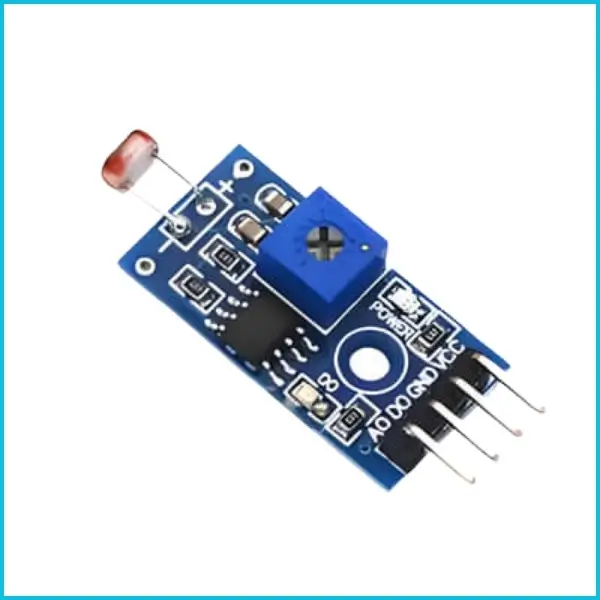
- How They Work: Photodiodes change electrical current based on light intensity.
- Applications:
- Mobile Devices: Adjust screen brightness automatically.
- Street Lighting: Activate lights at dusk and turn off at dawn.
- Photography: Optimize exposure settings in cameras.
6. Humidity Sensors
Humidity sensors measure moisture levels in the air, essential for comfort and safety.
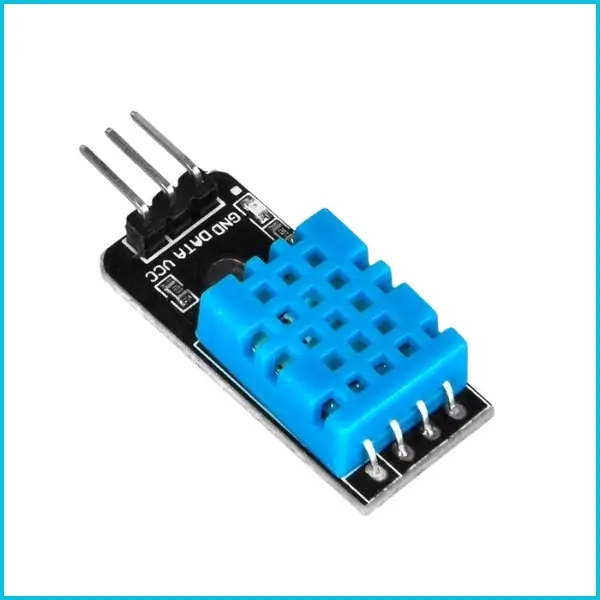
- How They Work: Capacitive sensors detect changes in humidity affecting dielectric constants.
- Applications:
- HVAC Systems: Maintain indoor air quality.
- Greenhouses: Ensure optimal conditions for plant growth.
- Museums: Protect artifacts by monitoring humidity levels.
7. Gas Sensors
Gas sensors detect the presence of hazardous gases, ensuring safety in various environments.
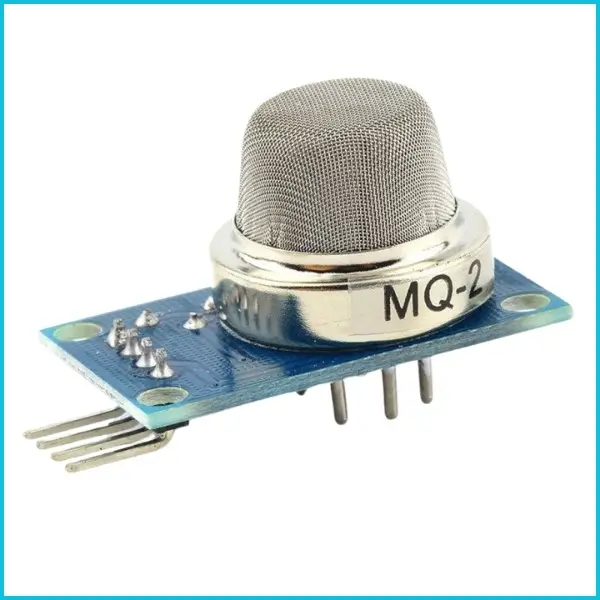
- How They Work: Chemical reactions within the sensor produce a measurable electrical signal.
- Applications:
- Home Safety: Detect carbon monoxide or smoke.
- Industrial Safety: Monitor gas leaks in factories.
- Environmental Monitoring: Measure air quality levels.
8. Ultrasonic Sensors
Ultrasonic sensors use sound waves to detect objects and measure distances.
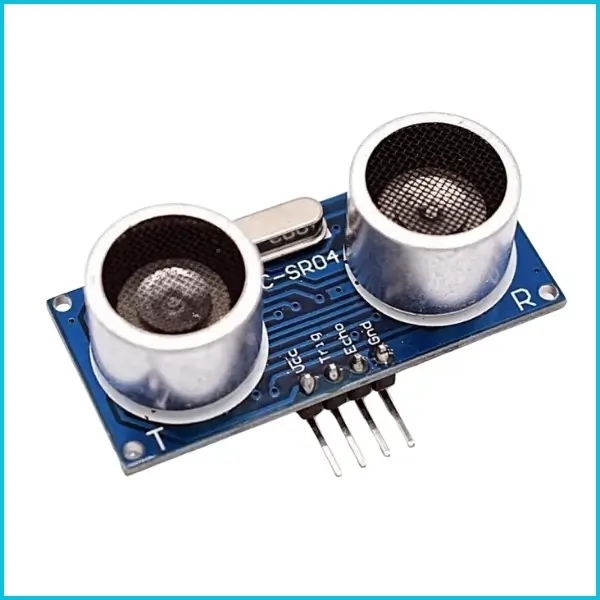
- How They Work: Emit ultrasonic waves and measure the time taken for echoes to return.
- Applications:
- Robotics: Navigate environments by avoiding obstacles.
- Automotive: Assist with parking by gauging distances to obstacles.
- Level Measurement: Monitor liquid levels in tanks.
9. Magnetic Sensors
Magnetic sensors detect magnetic fields, essential in navigation and positioning systems.
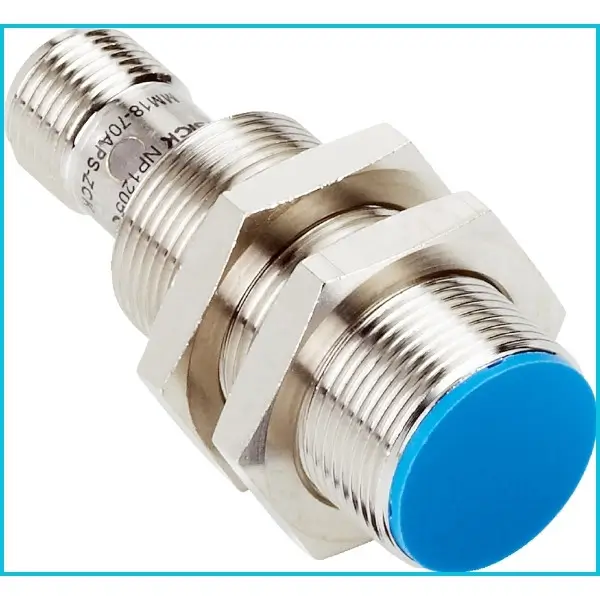
- How They Work: Hall effect sensors produce voltage in the presence of a magnetic field.
- Applications:
- Smartphones: Enable compass functionality.
- Automotive: Monitor crankshaft and camshaft positions.
- Industrial Automation: Detect the position of machine components.
10. Accelerometers
Accelerometers measure acceleration forces, allowing devices to detect orientation, movement, and vibrations.
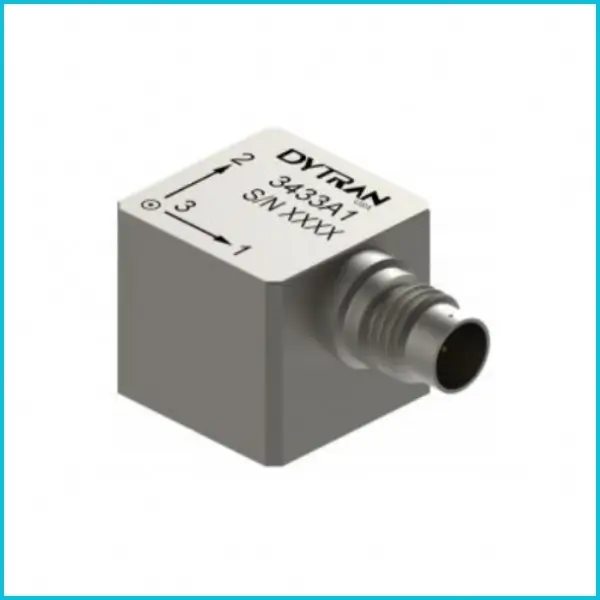
- How They Work: Tiny MEMS (Micro-Electro-Mechanical Systems) measure changes in capacitance when acceleration occurs.
- Applications:
- Smartphones: Rotate screens automatically based on orientation.
- Fitness Trackers: Count steps and monitor physical activity.
- Automotive: Activate airbags during collisions.
Recent Advancements in Sensor Technology
Sensors are becoming smarter with advancements in IoT (Internet of Things) and AI integration. Innovations such as wireless sensors, nanotechnology-based sensors, and wearable sensors are shaping the future. These technologies enable real-time monitoring, automation, and data-driven decisions in industries like healthcare, automotive, and smart homes.
If you’re new to electronics and wish to build a solid foundation, our curated list of Top 10 Best Electronics Books for Beginners can guide you to the best resources.
Applications of Sensors in Daily Life
- Smart Homes:
Sensors control lighting, security, and climate, enhancing convenience and safety. - Healthcare:
Biosensors in wearable devices monitor vitals like heart rate and glucose levels. - Automotive:
From parking assist to collision detection, sensors ensure safety on the road. - Environmental Monitoring:
Gas and humidity sensors track pollution levels and climatic conditions.
Conclusion
Sensors are the backbone of modern technology, seamlessly integrating into countless devices to make our lives smarter, safer, and more efficient. From detecting motion to measuring temperature, sensors have applications in virtually every aspect of our daily routines.
As technology evolves, sensors continue to play a pivotal role in shaping the future, with innovations like IoT, AI integration, and nanotechnology opening new possibilities. Whether it’s ensuring safety in vehicles, enabling precision in medical devices, or enhancing comfort in smart homes, sensors truly unlock wonders in our everyday lives.
FAQs
-
What are the main types of sensors?
The main types include temperature, motion, pressure, light, proximity, humidity, gas, ultrasonic, magnetic, and accelerometer sensors.
-
How do sensors improve everyday technology?
Sensors enhance device functionality, automation, and safety, making life more convenient.
-
What are the latest trends in sensor technology?
Smart sensors, wireless connectivity, and nanotechnology are revolutionizing sensor applications.
-
How are sensors used in healthcare?
They monitor vital signs, enable wearable devices, and ensure precision in medical equipment.
-
Are sensors costly to implement in devices?
While some sensors are affordable, advanced ones with AI and IoT capabilities may be more expensive.